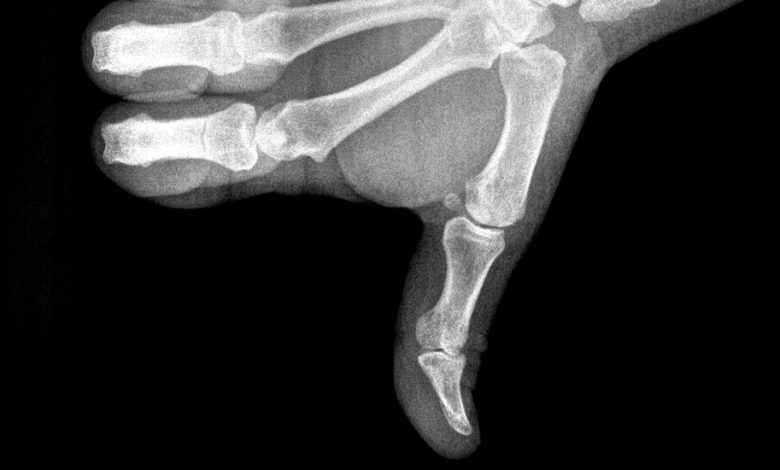Patients Stunned by Their Medical Bills

More from our inbox:
- The Wild West Near the Border
- Worries About North Korea’s Weapons
- Justin Timberlake’s Arrest

Credit…Illustration by Rebecca Chew/The New York Times
To the Editor:
Re “It’s Just an X-Ray. How Much Could It Cost?,” by Danielle Ofri (Opinion guest essay, June 18):
As a retired cardiologist, I have been railing against facility fees for years. These are significant fees (sometimes thousands of dollars) added to your doctor’s typical charges when they are employed by a hospital system, as many are these days. The rationale from the hospital or health care system, as Dr. Ofri stated, is nonsense; it is simply a way to make more money.
It works like this: You see your private cardiologist in their office and have a stress test and get charged $500. If the next week the same cardiologist is employed by a hospital — same office, same phone number, same staff — the charge for the stress test is now $2,000. The $1,500 is tacked on as a facility fee.
For reasons that are not clear, many insurance companies as well as Medicare pay this fee completely. It is a perfect scam. The patient often does not know or care because insurance is paying. The doctor usually has no idea this additional fee is being added, and the hospital system pockets the money.
Michael Marek
Aspen, Colo.
To the Editor:
So-called “site-neutral” policies fail to recognize that not all sites of care are created equal. Current payment rates appropriately take into account that hospitals treat sicker, lower-income and more complex patients. They are also held to higher regulatory and safety standards, and provide unique benefits to their communities, such as 24/7 standby capacity for emergencies.
Facility fees allow a hospital to continue to provide services that only hospitals provide and for which they are not fully reimbursed, including burn units, critical care services and neonatal care. In fact, Medicare paid hospitals just 82 cents for every dollar spent caring for patients, resulting in nearly $100 billion in underpayments in 2022 alone.
In addition, hospitals bill according to federal regulations, which require them to clearly indicate where a service is provided and to provide a written notice to Medicare patients informing them of any potential financial liability before receiving care in an off-campus hospital outpatient department. Hospitals work with insurance companies and the federal government to implement policies that would give patients more meaningful estimates on costs in advance of receiving care.
